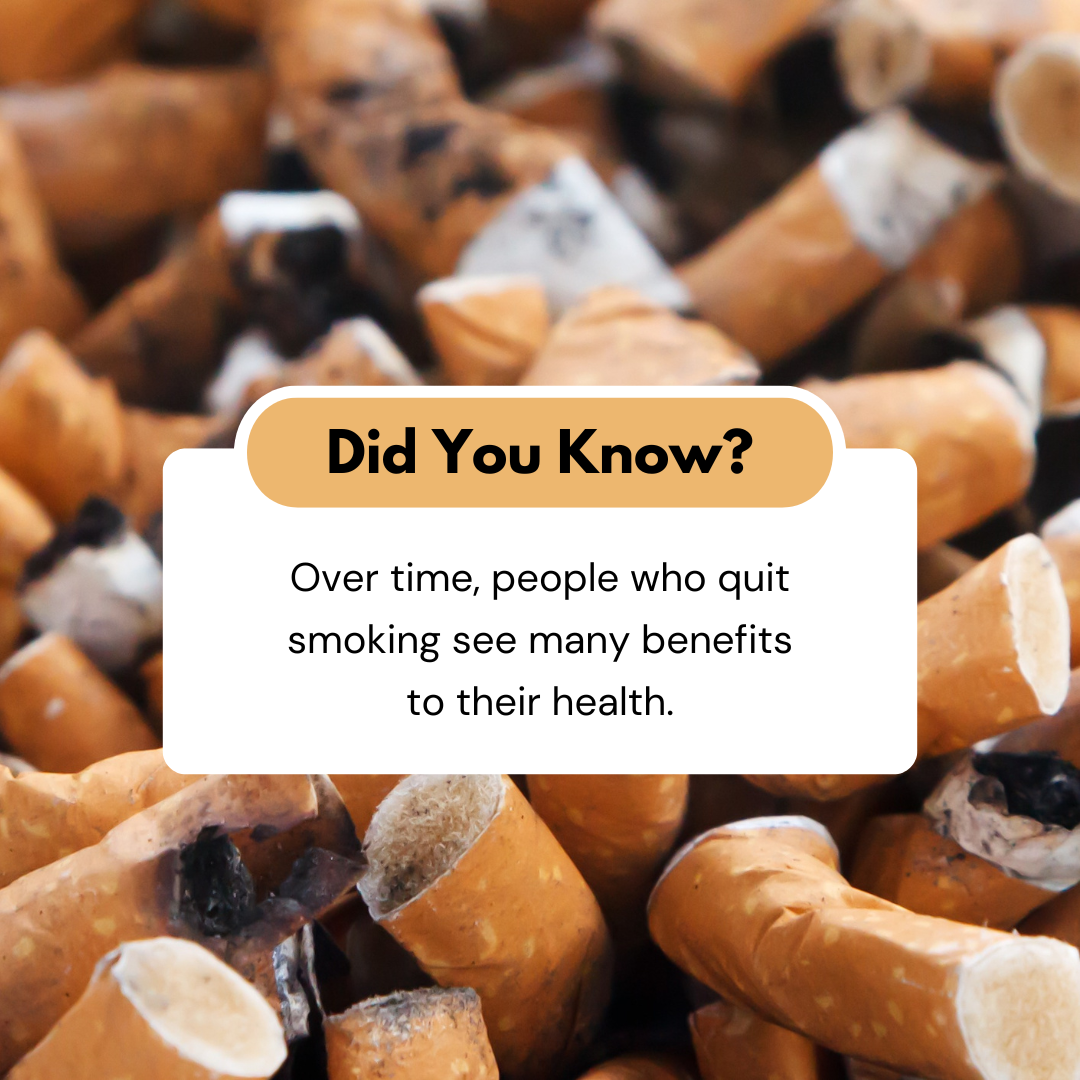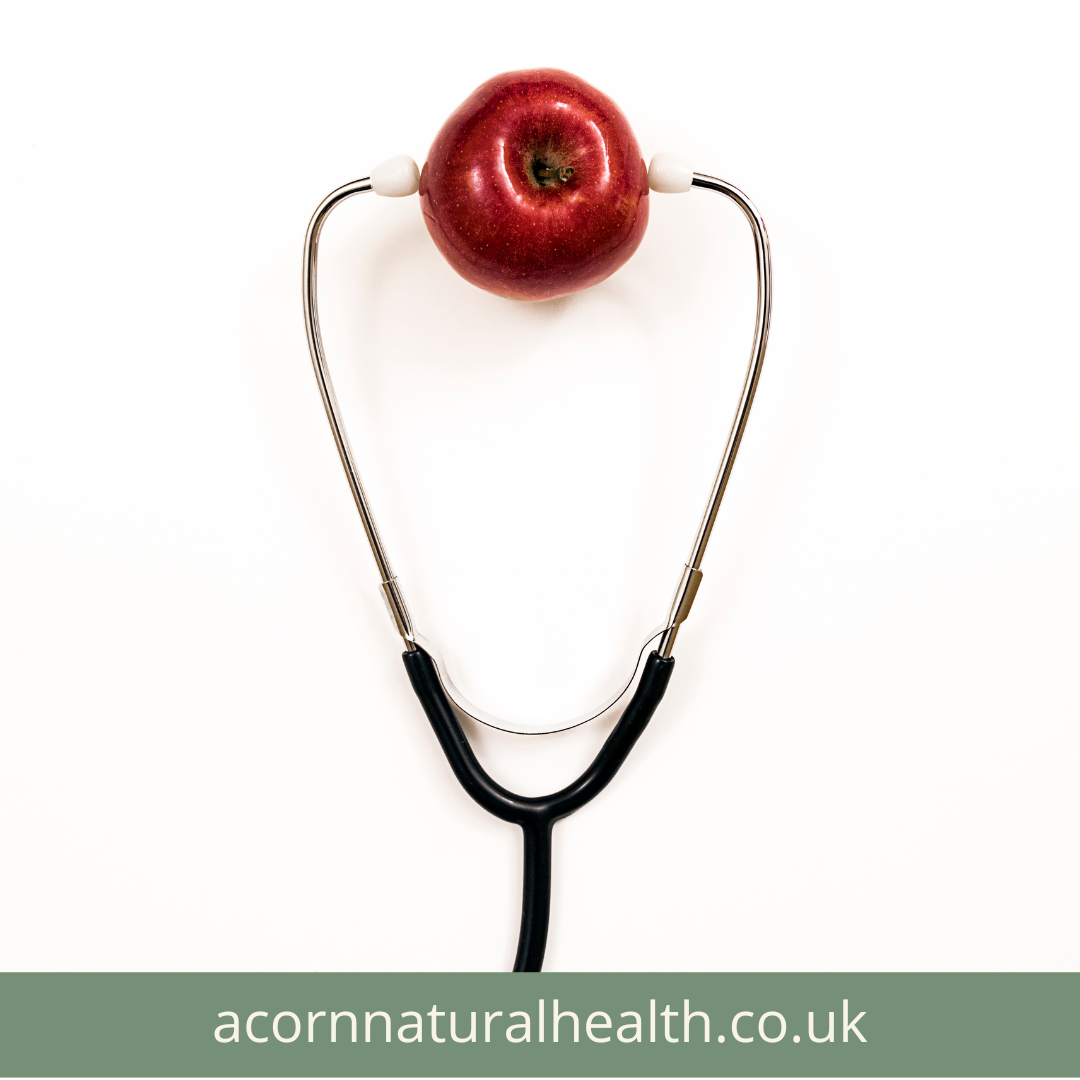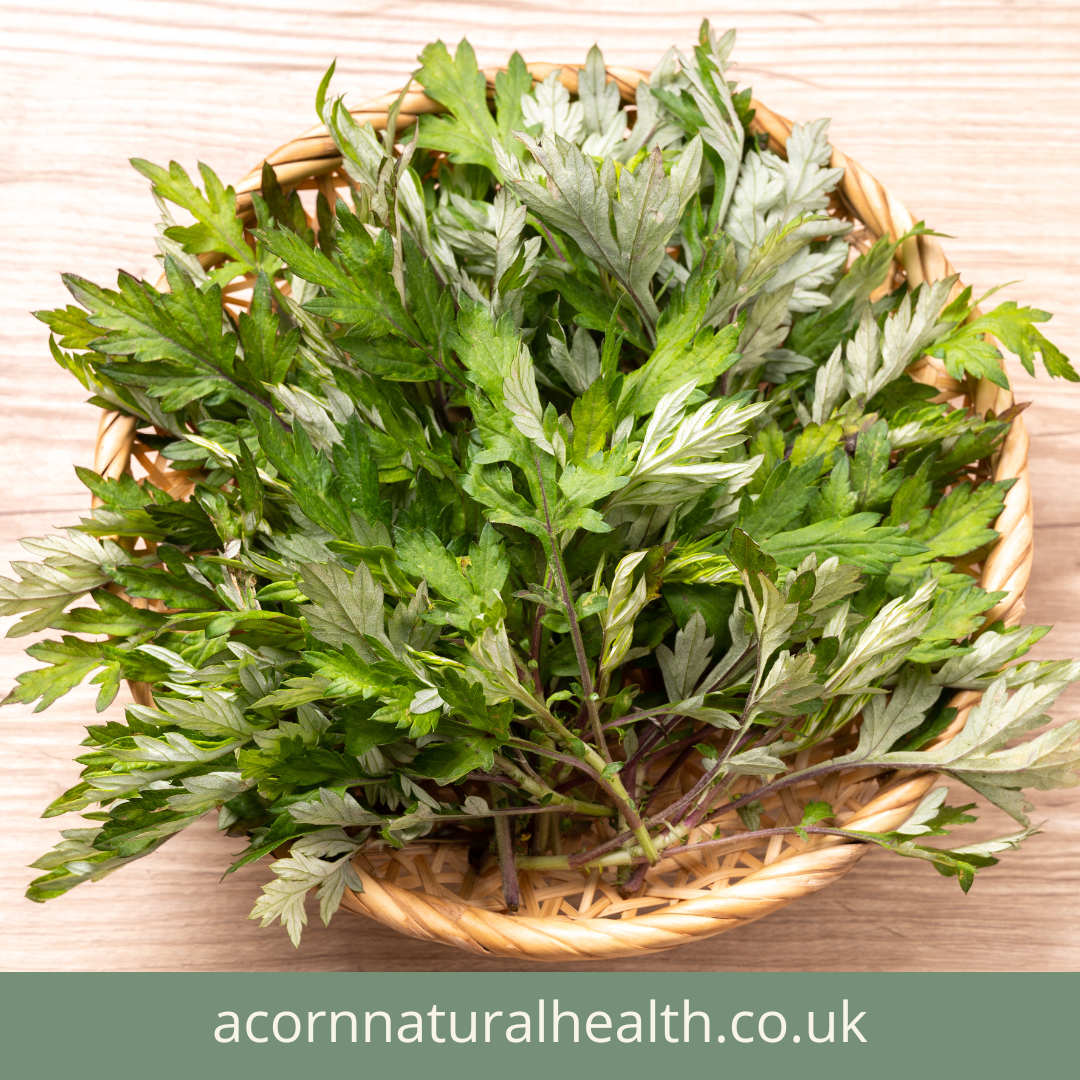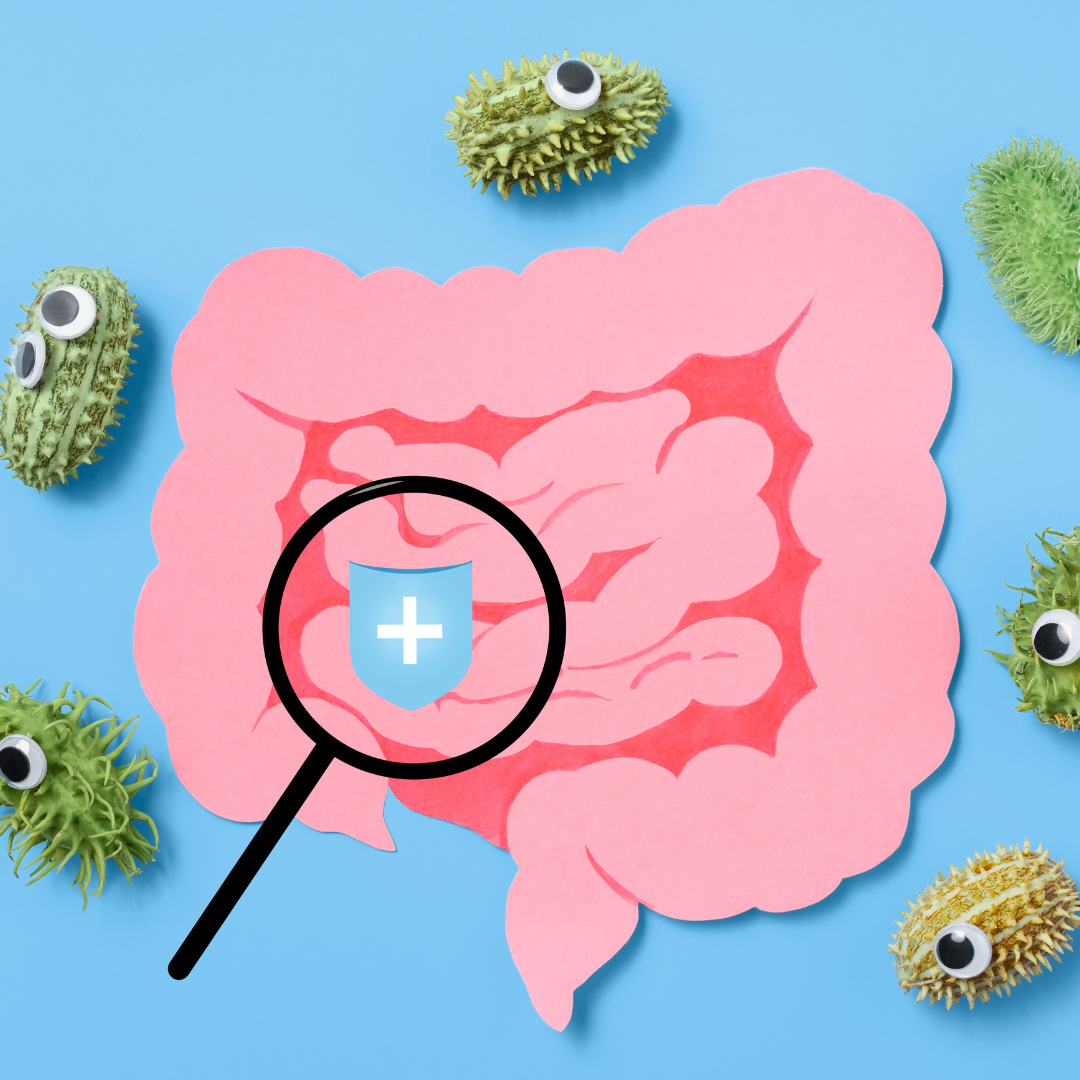Stoptober is an annual public health campaign encouraging people to quit smoking throughout the month of October. With thousands participating, it’s the perfect time to take that step toward better health and a smoke-free life. Whether you’ve tried quitting before or this is your first attempt, Stoptober offers motivation, community support, and various tools to make your quit journey smoother.
One highly effective, but often overlooked method for quitting smoking is clinical hypnotherapy. For many people, a single 90-minute hypnotherapy session is enough to reframe their thinking and break the habit for good.
How Hypnotherapy Can Help You Quit Smoking
Clinical hypnotherapy works by targeting the subconscious mind. It helps change the mental and emotional patterns that keep you attached to smoking, making it easier to let go of the habit. Unlike traditional methods that may rely on willpower alone, hypnotherapy taps into your underlying motivations, helping you overcome the cravings and triggers that often derail quit attempts.
A session with a qualified hypnotherapist is tailored to your unique needs, addressing the specific reasons you smoke—whether it’s stress, habit, or even social triggers. During the session, you’ll be guided into a deeply relaxed state where positive suggestions are introduced, helping you change your mindset around smoking. Many report that one session is all they need to stop smoking for good.
The Timeline of Positive Changes After You Quit Smoking

When you quit smoking, the benefits to your health start almost immediately and continue to improve over time. Here’s a timeline of what happens in your body after you’ve stopped:
- 20 minutes: Your heart rate and blood pressure begin to drop, and circulation improves.
- 12 hours: Carbon monoxide levels in your blood return to normal, improving oxygen levels in your body.
- 24 hours: Your risk of heart attack decreases as your body starts to clear out toxins.
- 48 hours: Nerve endings begin to regrow, and your sense of taste and smell start to improve.
- 72 hours: Breathing becomes easier as your bronchial tubes begin to relax, and energy levels rise.
- 1 to 3 months: Your lung function improves significantly, and walking becomes easier.
- 9 months: Cilia in your lungs fully recover, reducing coughing and respiratory infections.
- 1 year: Your risk of heart disease is cut in half compared to when you smoked.
- 5 to 15 years: Your risk of stroke drops to that of a non-smoker.
- 10 years: Your risk of lung cancer is about half that of a smoker.
- 15 years: Your risk of heart disease is the same as someone who has never smoked.
Why Choose Hypnotherapy During Stoptober?
Stoptober is an excellent time to quit because you’re not alone—thousands of people are making the same commitment, and support is everywhere. Adding hypnotherapy to your quitting strategy can boost your chances of success. It offers a drug-free, side-effect-free approach that addresses the psychological roots of your smoking habit, potentially making it easier than ever to stop.
If you’re truly committed to quitting smoking, a 90-minute clinical hypnotherapy session could be the powerful nudge you need. This Stoptober, take charge of your health and embrace a life free from smoking.




